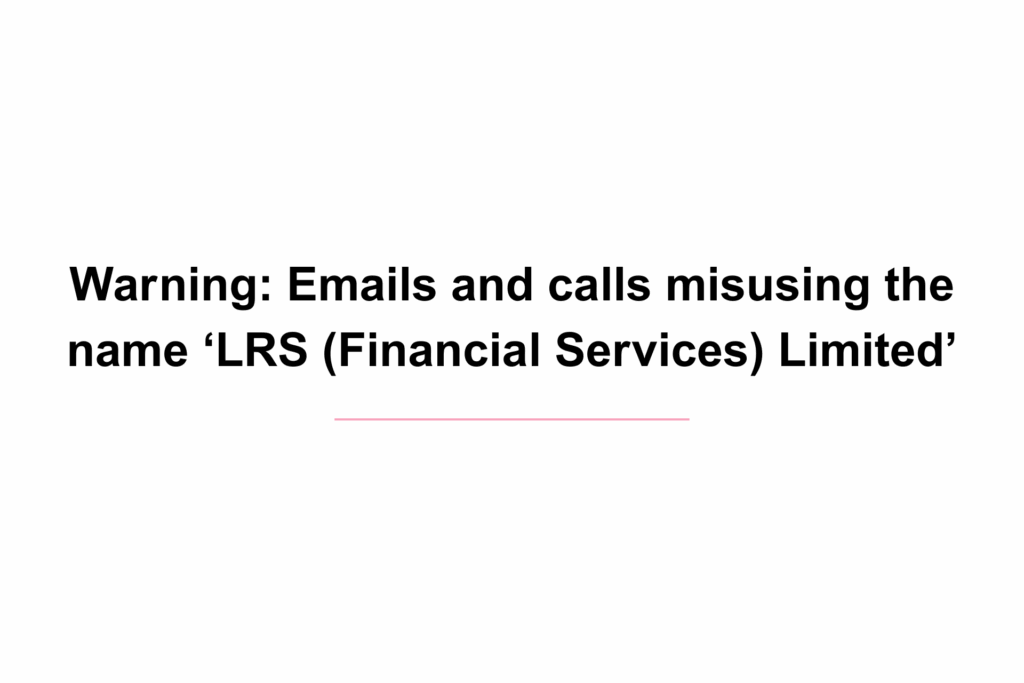The Charities Act 2022 contains some significant changes which have been introduced gradually with the final changes coming into force on 7 March 2024 (with the exception of the proposed change to the law on ex gratia payments – it is not known when this will be implemented as the final form of this has yet to be resolved).
Mark Lewis outlines the key changes in more detail below. You can also read our latest guide to the Charities Act 2022 implementation here.
Charity Constitutions
(Sections 1 – 3)
New statutory powers for trusts and unincorporated associations to amend aspects of their governing documentation have been introduced. These changes mean it will be easier for such charities to change their objects. However, the law in relation to the change of the objects of companies and charitable incorporated organisations has been aligned which means that it will be less straightforward for corporate entities going forward.
Charity Land
(Sections 18 and 23)
Land transactions
Instruments relating to land transactions no longer require a certificate given in the personal capacity of charity trustees that the restrictions have been complied with. Instead, a statement in transfer documentation that there is power under the trusts of the charity to effect the disposition and confirming that the required restrictions have been complied with is likely to be appropriate in most cases.
Disposal of land
A new exception has been introduced to the general restrictions on disposing or mortgaging charity land. This means that liquidators, provisional liquidators, receivers, mortgagees, or administrators are not restricted to disposing of charity land with the permission of the court or the Commission.
Other Changes
(Sections 29 and 31)
Power to ignore defects
Section 29 provides the Commission with the power to ignore defects in a person’s appointment or election to a qualifying position meaning that the appointment is to be classed as valid. This Commission will make an order to this effect if the trustee has consented and a situation has arisen where there is uncertainty as to whether they were properly appointed, or if there are defects in their appointment.
Power to Commission to order payment for works
Section 31 conveys the power to the Commission to order payment to a person who has carried out work for or on behalf of the charity, or a trustee, for the work they have carried out. Such payouts will be made where the Commission considers it to be inequitable for the trustee to not be remunerated for work which they carried out. This could cover a situation where the necessary formalities have not been complied with before the work was carried out.
(Sections 33 to 35)
Receiving gifts
Where a charity has merged and details of the merger have been entered into the Register of Mergers, the amendments operate so that the merged charity can still receive gifts where they were left to the previous charity. Deficiencies in the wording of the 2011 Charities Act have been corrected. This means that charities will no longer need to retain the previous charity as a dormant company in order to receive the gift left to it which had in practice often been the case previously.
How Lodders can help you
Lodders has considerable expertise in advising charities. If you are seeking advice in relation to an existing charity or looking to start up a new charity, Lodders can assist. For more information, or for an initial chat, please get in touch with the Charity & not-for-profit team or fill out the form below.
Contact us
Contact us
Need more advice?
For help with a legal problem or more information on any of our services at Lodders, please get in touch with our friendly team. You can contact us via the number or email address below, or fill in the form and we will get back to you as quickly as we can.

Contact a member of the team
Read more
Other news, insights and events







